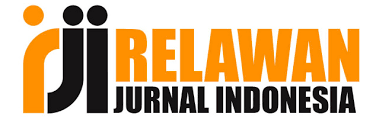Inner Conflict as Inhibition the Individual Self-Actualization Needs in the Novel Last Tang Standing by Lauren Ho
DOI:
https://doi.org/10.36277/jurnalprologue.v9i1.87Keywords:
inner conflict, inhibition, self-actualization, Last Tang StandingAbstract
The research is focused on analyzing the inner conflict as inhibition the individual self-actualization needs in the novel Last Tang Standing by Lauren Ho. The purpose is to find out the forms of inner conflict and describe how the inner conflict that occurred inhibits the individual self-actualization needs in the novel. To analyze the data, the researcher utilized the psychology of literature approach by applying Sigmund Freud's psychoanalytic theory to examine forms of inner conflict, and Abraham Maslow's human motivation theory as a supporting theory to examine individual self-actualization needs. It uses a descriptive qualitative research methodology. Based on data analysis, this research resulted in: (1) The researcher found 6 forms of inner conflict that occurred in the novel with 68 data. Love and Hate are the most dominant form of inner conflict as much as 37% ; (2) The researcher found six forms of inner conflict as inhibiting individual self-actualization needs: it inhibited Psychological Needs, Safety Needs, Belonging Needs, and Self-Esteem Needs with 48 data. Self-Esteem Needs are the most inhibited need. It is inhibited by Love and Hate, Wrecked by Success, War Neurosis, and Splitting of the Ego in the Process of Defense as much as 39%.
Downloads
Published
How to Cite
Issue
Section
License
Copyright (c) 2023 Juwita Shabrina Rahayu, Rosmiati

This work is licensed under a Creative Commons Attribution-NonCommercial-ShareAlike 4.0 International License.


















